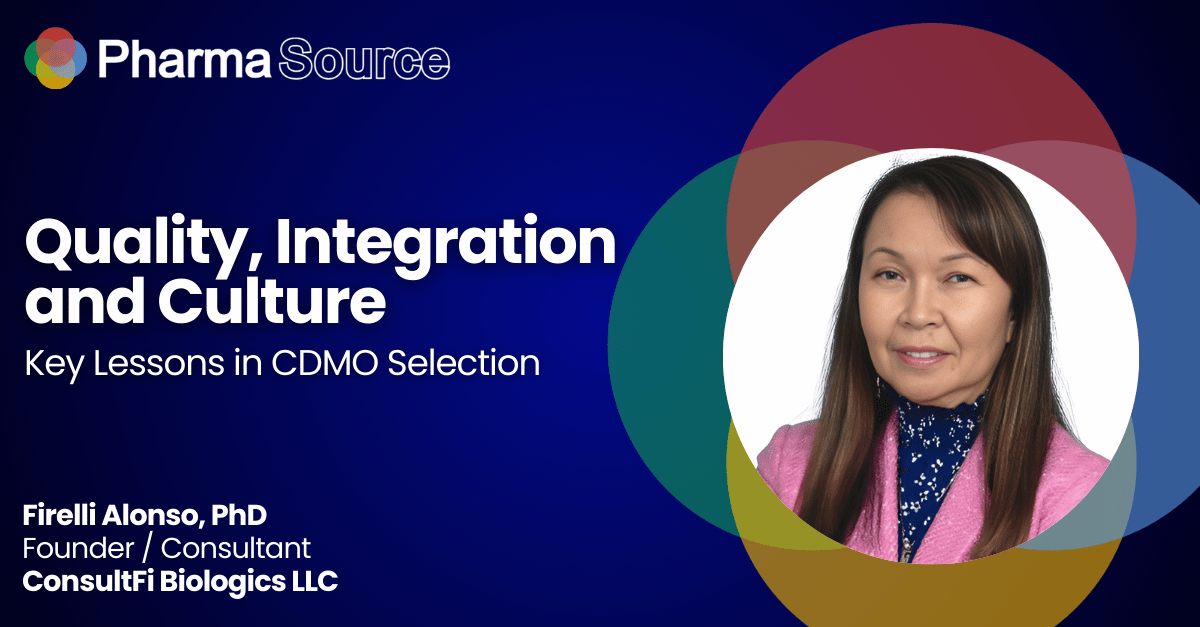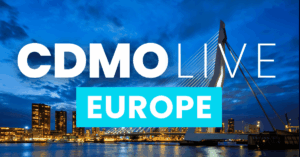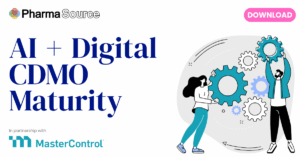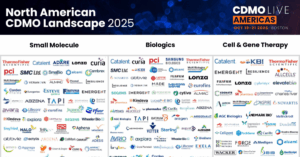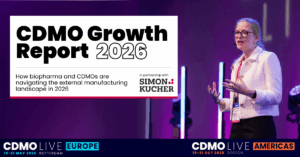Firelli Alonso, former Senior Director of External Manufacturing at Pfizer, brings over two decades of experience in the pharmaceutical industry.
With a PhD in molecular virology, she has spearheaded viral vaccine development and headed Pfizer’s pre-commercial outsourcing group, focusing on biologics manufacturing.
In the latest PharmaSource podcast episode, Firelli explains how she supports biotechs in finding quality outsourcing partners they can trust to deliver.
She shares invaluable insights on selecting and managing Contract Development and Manufacturing Organisations (CDMOs), drawing from her extensive experience with complex biologics, including monoclonal antibodies, vaccines, and antibody-drug conjugates (ADCs).
Quality: The Cornerstone of CDMO Selection
Firelli emphasises that quality should be the top priority when selecting a CDMO. “Quality is number one for anything,” she states. Her approach involves a thorough examination of potential partners:
“We would check the different CDMOs we would like to work with and see how much, if they’ve had any sterility issues and any regulatory inspections by different boards of health. Was it successful? Did they have a lot of FDA 483 Warning Letters?”
Firelli shares a crucial insight from her years in outsourcing:
“There seems to be a ratio that’s critical between the quality folks and the scientists. In my mind, 20 to 1 – quality persons to scientists – is the most that a CDMO can take. Anything over that, they’re in trouble.”
She suggests that a 10 scientist:1 quality ratio is ideal, noting that fewer quality personnel often correlates with more investigations and failures.
The Importance of Integrated Facilities
Firelli highlights the evolution of CDMOs towards more integrated facilities, particularly for complex products like ADCs:
“I used to speak at conferences, and I used to keep on telling CDMOs, please try to go where you can do what’s called a one-stop shop. Everything occurs in your facility. That way, you make the conjugate, you just wheel it into your fill-finish and get it done. No shipment in between.”
She explains that this integration simplifies the process, reduces risks associated with shipping, and streamlines contract management:
“Now I’m seeing more and more CDMOs that have both drug substance and drug product capability. Some of them even can manufacture the payload itself and the linker itself. So truly integrated.”
Project Management: The Voice of the Client
Firelli stresses the importance of dedicated project managers in CDMOs:
“Project management has become a career now. The early days were a bench scientist would be assigned to be the project manager. I can tell you I used to be a bench scientist, right? My training is get the experiments done, nevermind what the rest does. So very focused on yourself. A project manager cannot do that.”
She advises CDMOs to hire dedicated project managers, emphasising their role as the voice of the client:
“To me, the project manager is the voice, the voice of my company to the CDMO. They represent us there. They have to be responsible in ensuring that our timelines are met, budget, costs are met.”
On-Site Evaluation: Beyond Virtual Tours
Drawing from her experience during the COVID-19 pandemic, Firelli underscores the importance of on-site evaluations:
“You have to go to the facility and check it out. I like to talk to the workers, the operators themselves, because the management is going to paint a nice picture, right? But if you talk to the operators and visit the facility, you can have a good sense, is this genuine?”
She shares an anecdote about a virtual tour that failed to reveal potential cross-contamination issues in a glassware area, emphasising the limitations of remote evaluations.
For more outsourcing best practices, make sure to check our our new Outsourcing Fundamentals eLearning course.

